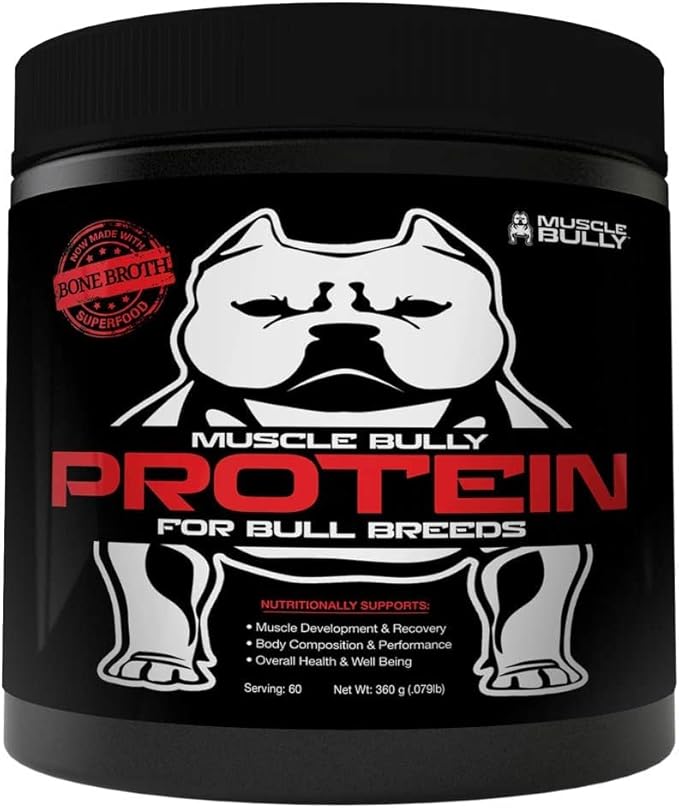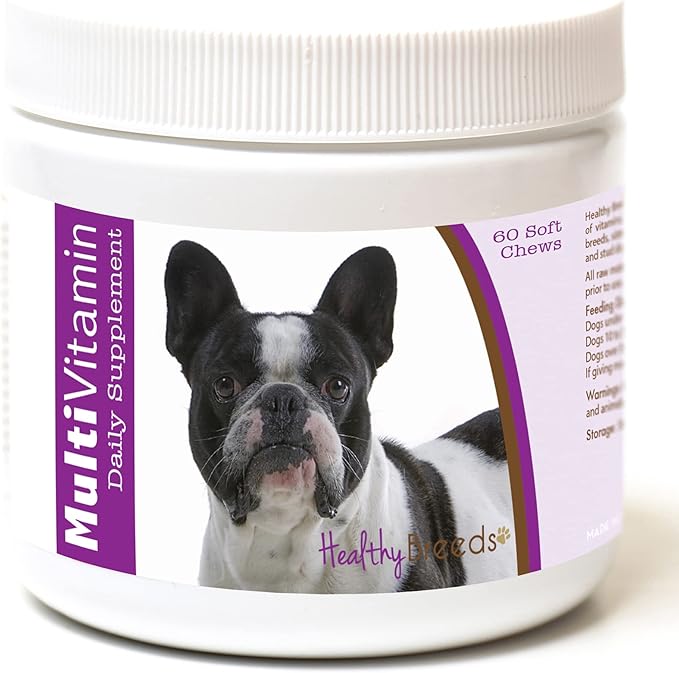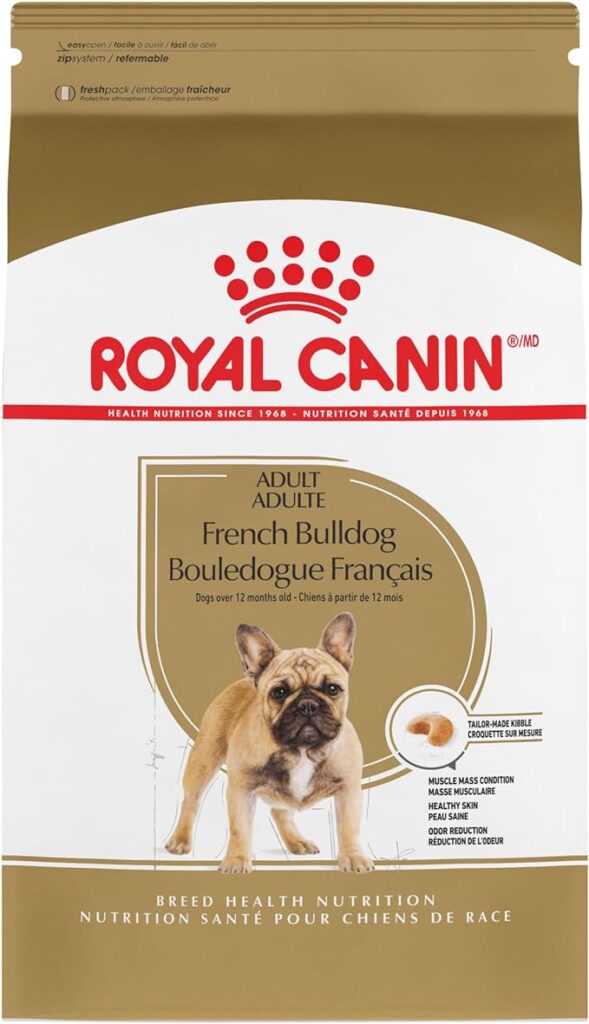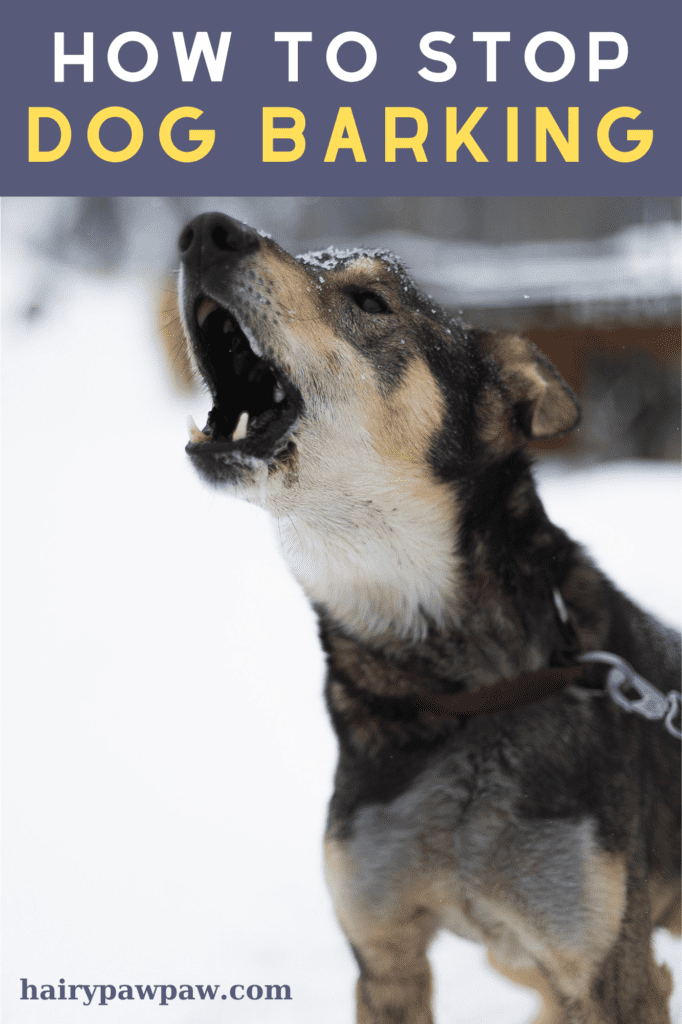Diet and Nutrition for French Bulldogs: Keep Your Pup Healthy
This post may contain affiliate links, which means I’ll receive a commission if you purchase through my link, at NO EXTRA COST TO YOU
French Bulldogs, with their charming personalities and distinctive bat-like ears, are one of the most popular dog breeds worldwide. Their unique physical traits and predisposition to certain health issues make it crucial to provide them with a well-balanced diet tailored to their specific needs. This blog will give you essential nutrition and diet advice for French Bulldogs. Learn what to feed your dog for optimal health and how to maintain a balanced diet!

Understanding French Bulldog Nutritional Needs
French Bulldogs have specific dietary requirements due to their unique physical characteristics and common health issues. Here’s what you need to know about their nutritional needs:
Caloric Needs: French Bulldogs are small, muscular dogs with moderate activity levels. They generally require around 25-30 calories per pound of body weight per day. Adjust their calorie intake based on their age, activity level, and metabolism.
Protein: High-quality protein is essential for maintaining muscle mass and overall health. Look for dog foods that list meat or meat by-products as the primary ingredient. Aim for a protein content of around 20-30% in their diet.
Fats: Fats provide essential fatty acids that support healthy skin and coat. Healthy fats should make up about 8-15% of your French Bulldog’s diet. Sources like chicken fat, fish oil, and flaxseed oil are beneficial.
Carbohydrates: Carbohydrates offer energy and aid in digestion. Opt for easily digestible sources like brown rice, sweet potatoes, and peas. Avoid foods with excessive fillers or artificial additives.
Vitamins and Minerals: French Bulldogs need a range of vitamins and minerals for optimal health. Look for foods enriched with essential nutrients such as vitamin A, vitamin D, calcium, and phosphorus.
Hydration: Fresh water should always be available to keep your French Bulldog hydrated. Proper hydration supports overall health and aids in digestion.
Best Foods for French Bulldogs
Choosing the right food for your French Bulldog can make a significant difference in their health and well-being. Consider these options:
High-Quality Commercial Dog Food: Opt for premium brands that offer breed-specific formulas or those tailored for small breeds. Look for those with high-quality protein sources and no fillers or artificial additives.
Dry Kibble: Dry kibble helps with dental health by reducing plaque and tartar buildup. Ensure the kibble is appropriately sized for small mouths and easy to chew.
Wet Food: Wet food can be mixed with dry kibble to increase moisture intake and enhance palatability. Choose options with high-quality ingredients and avoid those with excessive fillers.
Homemade Diets: If you prefer preparing food at home, consult your veterinarian to create a balanced diet plan. Include lean meats, vegetables, and whole grains, and avoid toxic foods like onions, garlic, and chocolate.
Specialty Diets: French Bulldogs with specific health issues may benefit from specialty diets. Consult with your vet for recommendations on diets for allergies, digestive issues, or weight management.
Common Dietary Concerns for French Bulldogs
French Bulldogs are prone to certain health issues that can be managed through diet:
- Food Allergies: Some French Bulldogs may have allergies to common ingredients like grains or specific proteins. If you notice signs of allergies such as itching or gastrointestinal upset, consult your vet for an allergy test and appropriate dietary changes.
- Obesity: French Bulldogs are prone to weight gain due to their low activity levels and propensity to overeat. Monitor their weight regularly and adjust their diet and exercise accordingly to prevent obesity.
- Digestive Issues: French Bulldogs can experience digestive issues like gas and bloating. Feeding smaller, more frequent meals and choosing easily digestible foods can help manage these issues.
- Skin Problems: A diet rich in omega-3 and omega-6 fatty acids can help maintain healthy skin and coat. Fish oil and flaxseed oil are excellent supplements to consider.
Feeding Tips and Best Practices
Portion Control: Follow the feeding guidelines on the dog food packaging, but adjust portions based on your dog’s specific needs and activity level.
Avoid Table Scraps: Refrain from giving your French Bulldog table scraps or human food, as it can lead to obesity and digestive problems.
Regular Vet Check-ups: Regular check-ups with your veterinarian can help monitor your French Bulldog’s weight, overall health, and dietary needs.
Treats in Moderation: While treats are a great way to reward your French Bulldog, use them sparingly to avoid excessive calorie intake.
Conclusion
A well-balanced diet is crucial for the health and well-being of your French Bulldog. By understanding their nutritional needs and choosing high-quality foods, you can ensure your furry friend stays healthy, energetic, and happy. Regular vet visits and mindful feeding practices will help manage any health concerns and keep your French Bulldog thriving throughout their life.









